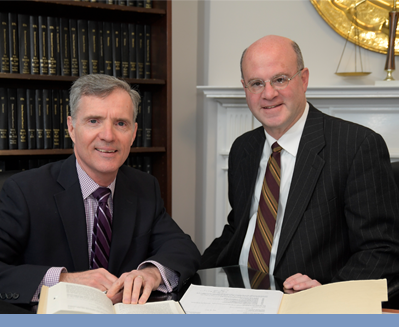Westchester County Probate Lawyer
What is Probate and why should I avoid it? In its simplest terms, Probate is the process in which a Judge validates the Will of a deceased person as authentic. Once validated or “probated,” the Court authorizes an Executor to act on behalf of the Estate. This authorization is called Letters Testamentary.
In most cases, we are hired to probate Wills soon after the death of a friend or family member. The typical estate runs consistent with the time line below:
Death > Probate Will > Collect/Manage Assets > Pay Bills and Debts > Distribute to Heirs
Contact our experienced Westchester County probate lawyers today, we can answer all of your questions.
How long is Probate?
When most people speak of Probate, they are referring to the entire process from the date that the Will is presented to Court until the date the last beneficiary is paid. Most probate estates can be finalized within eight-ten months without ever having to make any court appearances.
What are the steps in Probate?
There are basically five steps to Probate. The first step is authenticating the Will. The second step is collecting the deceased’s assets. The third step is managing the assets, including the sale of any assets needed to accomplish the instructions in the Will. The fourth step is to pay legitimate debts. The last step is to pay the beneficiaries. It really can be that simple. Of course, the process can get a lot more complicated. In cases of missing heirs, of Will contests or of disputes among beneficiaries, the process can take years to work its way to completion.
What are the costs of Probate?
The costs of Probate are also pretty straightforward. Filing fees range from $45.00 for small estates up to a maximum of $1,250.00 for large estates. Executor’s commissions are typically in the 4% to 5% range (and many times are waived by close family members). Legal fees are always subject to Court approval and are typically in the same range as an Executor’s commission.

